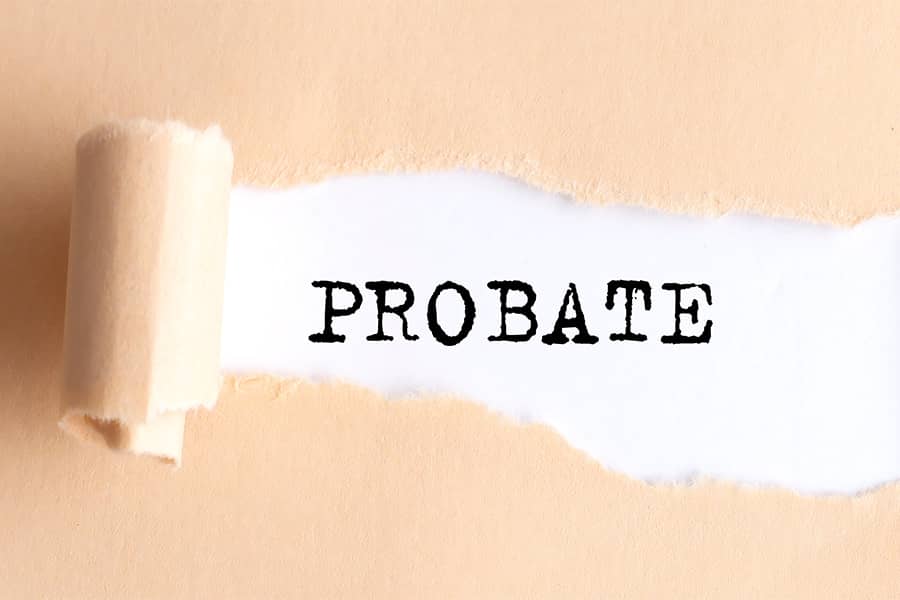Florida Probate Rules Explained: What Personal Representatives Need to Know

When someone passes away in Florida, their assets typically go through a court-supervised process called probate. The purpose of probate is to ensure the deceased person’s assets are properly distributed to their beneficiaries and any outstanding debts are paid.
If you’ve been named as the personal representative in the Will of an estate in Florida, it’s crucial to understand the state’s probate rules to fulfill your responsibilities effectively.
Florida Probate Process
The Florida probate process is governed by the Florida Probate Rules (Part I and II) and the Florida Statutes Chapters 731-735. There are two main types of probate administration in Florida: formal administration and summary administration.
Formal Administration
Formal administration is the most common form of probate in Florida. It’s used for estates that don’t qualify for summary administration. In formal administration, the court appoints a personal representative (executor) to manage the estate, pay debts, and distribute assets to beneficiaries.
Summary Administration
Summary administration is an abbreviated probate process for small estates. To qualify, the estate must be valued at less than $75,000, or the decedent must have been dead for more than two years. Summary administration is a quicker and simpler process compared to formal administration.
In some cases, probate may not be necessary at all. For example, if the deceased person’s assets were held in a trust or jointly owned with someone else, those assets may pass directly to the beneficiaries without going through probate.
Key Responsibilities of the Personal Representative Under Florida Probate Rules
As the personal representative, you have several important duties under Florida probate rules. One of the first steps is filing the petition for administration with the circuit court in the county where the deceased person lived. This petition opens the probate case.
Next, once appointed personal representative by the court, you will need to identify, gather, and inventory the probate assets. It’s essential to understand the difference between probate and non-probate assets.
Distinguish Between Probate and Non-Probate Assets
Probate assets are those owned solely by the deceased person, without a beneficiary designation, at the time of death. These assets must go through the probate process to be distributed to beneficiaries. Common examples of probate assets include:
- Real estate owned solely in the decedent’s name, or as tenants in common with another party
- Bank accounts and investments in the decedent’s name alone, with no named beneficiary
- Personal property like vehicles, jewelry, and household items
Non-probate assets, on the other hand, are those that transfer automatically to beneficiaries outside of probate. Examples include:
- Assets held in a trust
- Property owned jointly with right of survivorship
- Accounts with named beneficiaries, such as bank and investment accounts, life insurance, and retirement accounts
As the personal representative, you will need to notify creditors and pay any valid debts of the estate.
Creditor Claim Deadlines Under Florida Statutes
Under Florida law, creditors have a limited time to file claims against the estate. You must publish a Notice to Creditors in a local newspaper and serve it on known or reasonably ascertainable creditors. Creditors then have three months from the first publication date to file their claims. If they miss this deadline, their claims are generally barred (see section 733.702, Florida Statutes).
After debts are paid, you’ll distribute the remaining assets to the beneficiaries according to the deceased person’s will or Florida’s intestate succession laws. Finally, you’ll close the estate by filing the appropriate paperwork with the court.
Unique Aspects of Probate in Florida
Florida has some unique rules when it comes to probate. For example, the state has strong homestead property protections. A person’s primary residence may be exempt from creditor claims and may pass to certain family members outside of probate (Fla. Const. art. X, §4).
Florida law also provides for family allowances and elective share rights of a surviving spouse. The surviving spouse may be entitled to a certain percentage of the estate, even if the will provides otherwise (sections 732.201-732.228, Florida Statutes).
If the deceased person lived outside of Florida but owned property in the state, ancillary administration may be necessary. This is a separate probate proceeding to handle the Florida assets.
Working with a Florida Probate Attorney
While it’s possible to go through the probate process on your own, working with an experienced Florida probate attorney can make the process much smoother. An attorney can help you understand your responsibilities, meet important deadlines, and avoid potential pitfalls.
It’s particularly advisable to hire an attorney if the estate is large or complex, there are disputes among beneficiaries, or you’re unsure about any aspect of the process. When selecting a probate attorney, look for someone with significant experience handling estates in Florida.
Contact Vollrath Law for Florida Probate Help
Serving as a personal representative in Florida comes with significant responsibilities. By understanding Florida’s probate rules, you can fulfill your duties effectively and ensure the deceased person’s wishes are carried out. Remember, the Florida Probate Rules and Statutes set forth specific requirements and deadlines you must follow.
If you’re feeling overwhelmed or have questions about the probate process, don’t hesitate to reach out to a knowledgeable Florida probate attorney. At Vollrath Law, we have extensive experience guiding executors through the probate process. We can help you understand your obligations, avoid common mistakes, and ensure the estate is administered properly.
Contact us today to learn more about how we can assist you.
